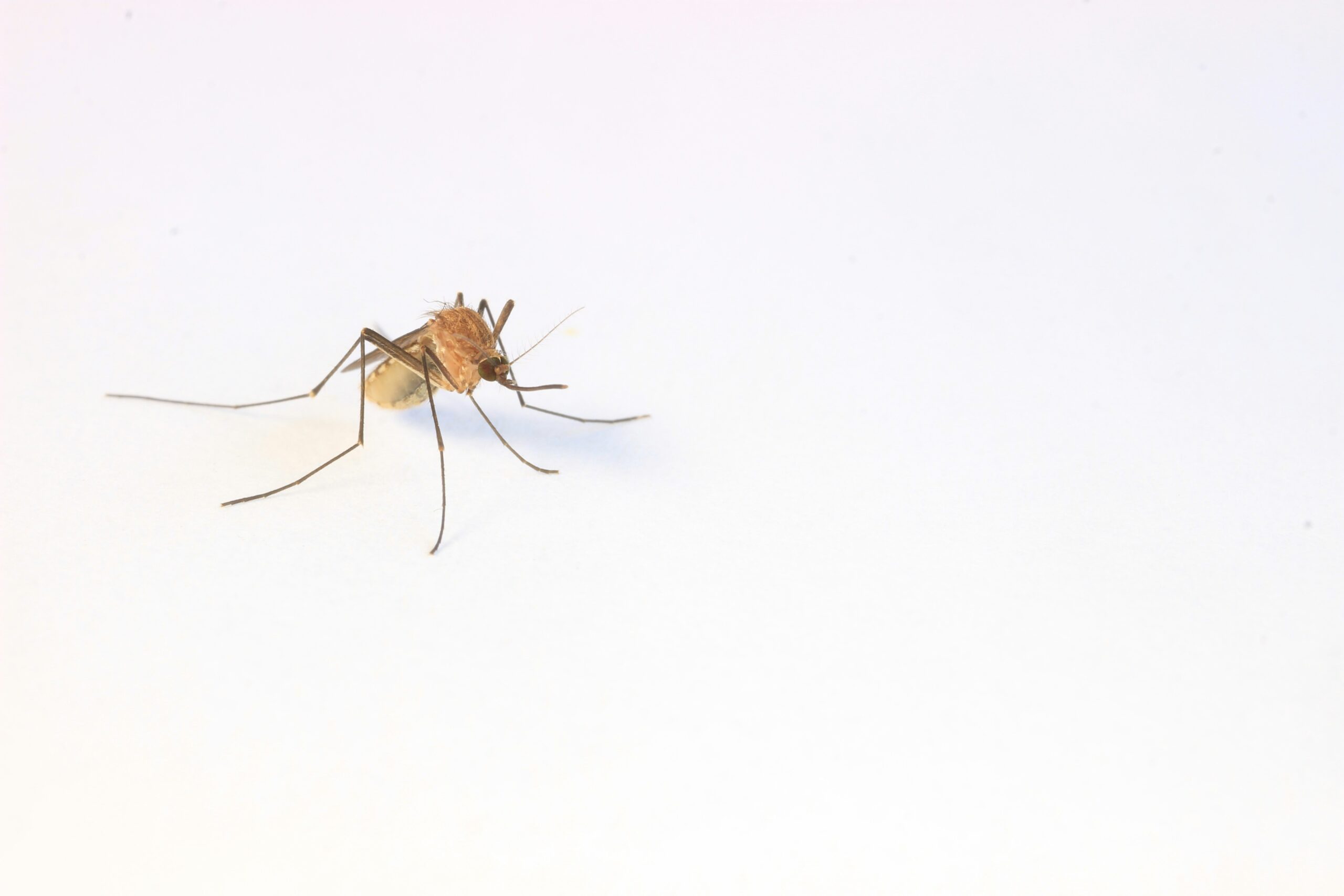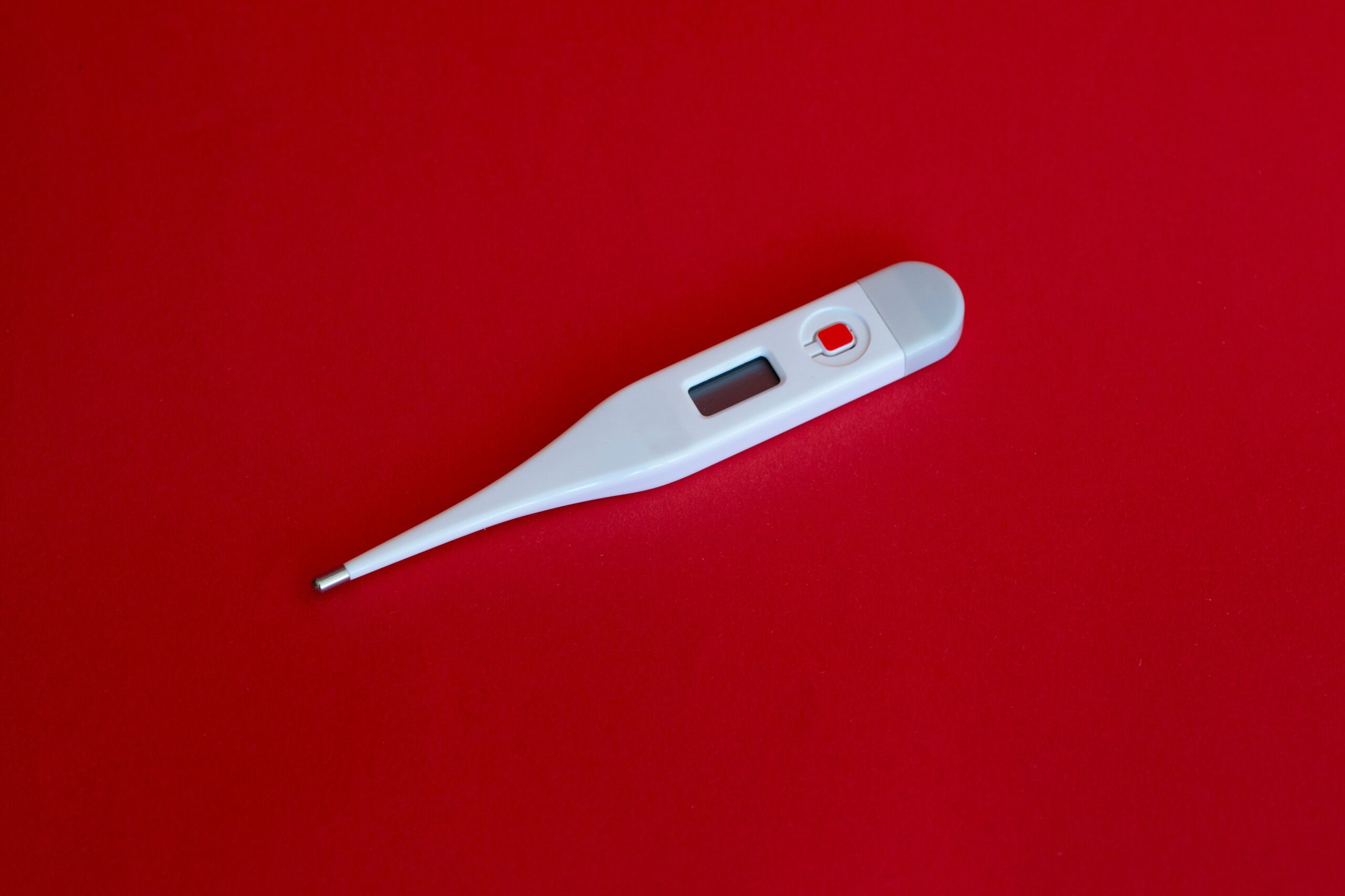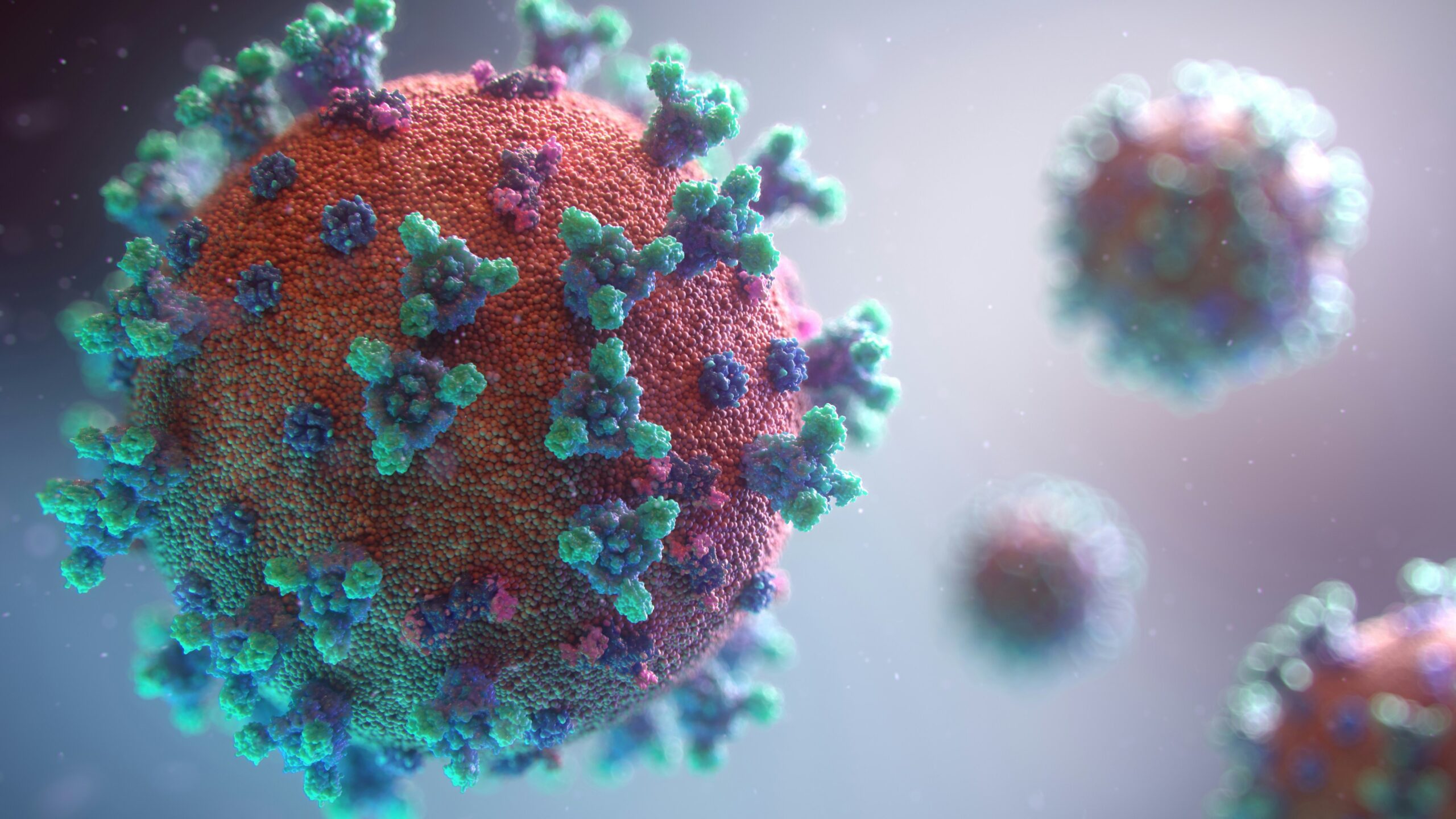West Nile virus causes disease in humans. It spreads by transmission through the bite of an insect. The first place of their detection determined the name of the virus. In the 1990s, this virus spread to other parts of the world, primarily Europe and North America. Since the discovery of the virus, the virus has caused many severe infections and numerous outbreaks in different continents.
The risk still exists today. Countries with a specific climate in Africa suffer from persistent infection. However, people from temperate climates can also be at risk. In the USA, it is the main reason for mosquito-borne viral illness.

There are various symptoms in people with West Nile infections, mainly fever, and others. Severe damage to the nervous system, manifesting as a variety of severe neurological dysfunctions, can be life-threatening. In addition to the symptoms, there are asymptomatic infections with West Nile virus. With effective diagnostic methods, infection can be confirmed in the body of the infected. Treatment can be detected depending on the condition of the patient. Prevention is also very important, as this dangerous, life-threatening virus should not spread so voraciously. After learning more about this dangerous virus, learn how to protect yourself right from an infection to stay safe.
West Nile virus is an RNA arbovirus![]() . Arboviruses are a group of viruses defined by the method of transmission. Insects transmit arboviruses or arthropod-borne viruses. The virus is zoonotic
. Arboviruses are a group of viruses defined by the method of transmission. Insects transmit arboviruses or arthropod-borne viruses. The virus is zoonotic![]() , meaning the disease-causing pathogen transmits infections among animals and people. West Nile virus infections occur in humans and animals such as horses, birds, and wildlife. In this regard, the infections caused by this arbovirus are major causes of most economic losses in countries experiencing high disease incidences. This includes the professional medical care needed for the people and the general loss of animals and animal products.
, meaning the disease-causing pathogen transmits infections among animals and people. West Nile virus infections occur in humans and animals such as horses, birds, and wildlife. In this regard, the infections caused by this arbovirus are major causes of most economic losses in countries experiencing high disease incidences. This includes the professional medical care needed for the people and the general loss of animals and animal products.
More recently, there have been widespread claims that climate change![]() is a significant contributor to the survival of the West Nile virus in the world today. The virus thrives more in warm climates. The infection was first reported in Uganda, and outbreaks are still being reported in select African areas.
is a significant contributor to the survival of the West Nile virus in the world today. The virus thrives more in warm climates. The infection was first reported in Uganda, and outbreaks are still being reported in select African areas.
The mentioned virus is transmitted to humans via mosquito bites. However, some sources mention particular kinds of ticks that can also deliver the pathogen. Generally, infections are due to insect bites. In detail, West Nile virus spreads via the bites of mosquitoes of the Culex![]() genus whose saliva is contaminated by the virus. The pathogen resides within the skin cells and then spreads across the human body, causing viremia and travel to the visceral organs. The infection can enter the central nervous system in the final, most severe stage.
genus whose saliva is contaminated by the virus. The pathogen resides within the skin cells and then spreads across the human body, causing viremia and travel to the visceral organs. The infection can enter the central nervous system in the final, most severe stage.

In addition, West Nile Virus can spread through other mediums, as has been confirmed in the lab. If an individual is infected and initiates blood transfusion or organ transplantation, the infection can be spread from one sensitive individual to another. At the same time, the observation that disease patients excrete the virus into their urine also implies that an additional source of WNV could encompass contact transmittal through percutaneous contact with an environment rich in the pathogen.
When the peculiarities of the West Nile virus were barely detected, experts did not think that this issue was very dangerous. In the first cases, the only description of WNV infection was mild. The first recorded patients demonstrated symptoms that were hard to indicate: fever and weakness. Finally, more severe cases of infection started to be described. It is, therefore, possible to say that the disease is fatal. The virus remains in the human body for between 4 and 14 days![]() . However, the symptoms last for up to a week.
. However, the symptoms last for up to a week.
The length of the signs of WNV can vary depending on whether the disease is mild or severe. The age of the patients and the strain of the virus are other factors. The point is that there is a range of outcomes to be admitted. The other symptoms to be admitted are as follows:
The primary manifestation of WNV infection is fever. Typically, this symptom accompanying inflammation occurs at the beginning of the West Nile disease. The fever may be low, in mild cases but high fever above 38°C![]() is frequent. The viral illness' first stage also involves malaise. The patients feel tired, may be lethargic and experience changes in mental status. Children, the elderly and those with chronic illnesses are affected more severely.
is frequent. The viral illness' first stage also involves malaise. The patients feel tired, may be lethargic and experience changes in mental status. Children, the elderly and those with chronic illnesses are affected more severely.
Other symptoms related to the gastrointestinal tract may also occur when contracting the West Nile virus. Therefore, the patients usually suffer from nausea and vomiting, as well as from the loss of appetite. It may also happen that the patients start to lose weight after an illness.

In the starting phase of the infection, a fever appears as well, usually accompanied by headaches. Moreover, muscle pain is also a common complaint, as some patients reported eye pain. Lymphadenopathy and hepatosplenomegaly, which are the enlargement of the liver and spleen, are other symptoms present. This results in an enlarged abdominal girth, which is usually tender, and the organs cause pain as they are forced into adjacent tissues.
Patients develop skin symptoms throughout the course of West Nile disease. The skin symptoms witnessed are maculopapular and papular rash. This rash is commonly seen on the trunk but may also affect the skin of the upper limbs. Erythematous petechial rashes may also occur. The rash is developed only in some of the patients. However, this rash is indicative of this infection.
West Nile virus pathogen, in severe cases, affects the nervous system. Then, there are neurological symptoms all over. This appears to be a hazardous condition for the patient, which requires visiting specialists. In the initial neurological phase, there are symptoms of encephalitis![]() or meningitis
or meningitis![]() . The infected suffer from severe muscle weakness. They can also have seizures, and eventually, they develop flaccid paralysis. In addition, there are very severe changes in mental status. Neck stiffness and photophobia are also the symptoms when the virus enters the very severe phase, which leads to rapidly progressing inflammation, so professional medical help is obligatory.
. The infected suffer from severe muscle weakness. They can also have seizures, and eventually, they develop flaccid paralysis. In addition, there are very severe changes in mental status. Neck stiffness and photophobia are also the symptoms when the virus enters the very severe phase, which leads to rapidly progressing inflammation, so professional medical help is obligatory.
People who have symptoms of West Nile infection can be diagnosed. Treatment methods will be more targeted and effective when the virus can be confirmed and isolated to a particular strain. Many medical tests can be conducted based on the person's condition. A tender clinical examination can provide the doctor with the first clues. Patients with ocular inflammation are most likely to have a serious West Nile infection. Hence, ophthalmological examinations![]() are also valuable.
are also valuable.
Laboratory examination of the material can result in different findings. In people with the infection, leukocytosis is observed, which is a non-specific finding and means that a viral infection is present in the body. The serological test for the virus is a more specific test that can be performed on the blood sample![]() or CSF
or CSF![]() . Note that CSF analysis is often necessary in people with some neurological symptoms. The results of the test might be discordant, so it is recommended that the test be repeated for some time if the result is negative.
. Note that CSF analysis is often necessary in people with some neurological symptoms. The results of the test might be discordant, so it is recommended that the test be repeated for some time if the result is negative.
In some instances, diagnosticians opt for imaging studies. These studies are mainly done to rule out other causes that may be the symptoms carrier. In West Nile virus infection, the CT scan of the brain will show nothing. Still, the MRI scan can be invaluable. The examination can show some abnormalities of the disease's neurological state in several weeks.

Similar to almost every new virus that humanity has encountered, experts have tried nearly every possible option in their attempts to administer therapeutic agents to patients suffering from the West Nile Virus or at least to carry out the respective research.
However, again, similar to almost every other virus, the WNV issue cannot be deemed resolved since the differences in their structure and the specifics of how they reproduce and assault the organism imply that drugs will not be able to kill them. Correspondingly, the treatment is, to a considerable degree, care and alleviating symptoms. The latter will, in turn, depend on the level of the virus's severity.
The forecast for the West Nile virus infection is good if it runs mildly or without symptoms. Patients are treated symptomatically for the duration of the condition. Moreover, one of the good things about the West Nile virus infection is that most patients develop mild or asymptomatic infections. Finally, the West Nile virus infection is a self-limiting condition; patient symptoms last a certain number of days, and then the body manages to get rid of the pathogen. In addition, people with mild West Nile virus infection are not predisposed to complications of the condition.
Severe cases are not very common, but they do occur. Patients with a severe course of West Nile virus infection frequently need rehabilitation due to the higher frequency of complications and lower positive outcomes. Comprehensive patient assessment might help doctors develop an optimal patient treatment and surveillance strategy. Patients with neurological symptoms need specialized care.
The course of the disease can also be longer for them. Some problems due to WNV may be permanent. Therefore, patients with a severe course of the West Nile virus disease often need rehabilitation. Extreme cases of WNV frequently lead to neurological difficulties. Following the healthcare and neurology disciplines is essential to assist patients in rehabilitation.

Medical science experts have made many attempts to develop an effective vaccine. Unfortunately, not a single vaccine against the West Nile virus has been approved. However, one is not as heartless as to become despondent. Perhaps, someday, specialists will develop new solutions for the disease. Moreover, some good news has been reported. The vaccination against the West Nile virus has been approved only for animals![]() . This allows for controlling the infection. Finally, personal protection and screening can also help reduce the risks of getting infected.
. This allows for controlling the infection. Finally, personal protection and screening can also help reduce the risks of getting infected.
Preventive behavior plays a crucial role since there is no effective cure or vaccination for the West Nile virus. Thus, keeping WNV risk factors on top of your head is vital to avoid infection. Learn more about recommendations for protecting from West Nile virus. Thus, if you increase your safety, others will also be safe from catching the disease.
Most patients with West Nile virus infection were infected by traveling. At the beginning of this assignment, people traveled to endemic areas of the virus, where, most likely, they were bitten by mosquitoes. An important observation was that patients outdoors were more exposed to WNV for a long time. It is logical because it is due to mosquito bites.
In this regard, it will be helpful to protect oneself from them. If you want to travel to endemic countries, ensure you have enough anti-mosquito protection. After the trip, taking some tests to ensure you have been infected will also be a good idea. In addition, it is worth remembering that many other countries have already had massive infection outbreaks.

Mosquitoes are the main carriers of West Nile fever. For that reason, the best form of protection is avoiding mosquito bites. Hence, it is a good idea to take care of protection for one's person, like covering most of the body with clothes, thanks to which it will be possible to avoid mosquito bites to some extent. In addition, products such as insect repellents are available to people.
Additionally, it is important to remember that when visiting areas near bodies of water, people should expect mosquitoes to mount attacks further and take care of their part to ensure their safety. People with weak immune systems and accompanying illnesses should be careful, as mosquito bites can vastly worsen their conditions.
Health care in the country is effective; for example, it has excellent results in preventing WNV distribution. Moreover, the high-risk period is when severe patients are the responsibility of a professional medical team and decreases because the person requires treatment in an intensive care unit and, possibly, high-quality pharmaceutical support. Therefore, adequate health facilities should be ready. The doctor also has the opportunity to diagnose and warn of the danger promptly and correctly. Physicians must explain to patients how to prevent the virus.
In addition, it is interesting to note that health worker groups, extreme virologists working to study WNV, and animal handlers are at risk. Therefore, these groups should protect themselves with special care.